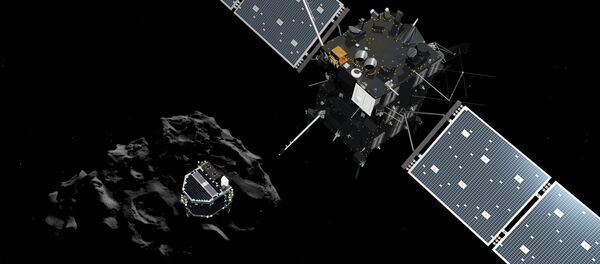Racing to within just 14 kilometers of the surface of Comet 67P/Churyumov-Gerasimenko, Rosetta "experienced significant difficulties" last weekend and had to go into safe mode 200 km away from the comet, the European Space Agency (ESA) said, Agence France-Presse reported Thursday.
Flying through dense, outflowing gas and dust exposed the spacecraft's solar panels to drag.
Another problem was that Rosetta is designed to navigate by locking on to the stars — and its trackers mistook hundreds of pieces of comet debris for stars, the agency reported.
"The spacecraft has now been successfully recovered, but it will take a little longer to resume normal scientific operations," ESA said.
The 1.3-billion-euro ($1.4-billion) mission seeks to unveil the secrets of comets, believed to be time capsules from the birth of our Solar System.
Rosetta on Thursday was 423 million km from Earth and 293 million km from the Sun, according to the mission's website.


